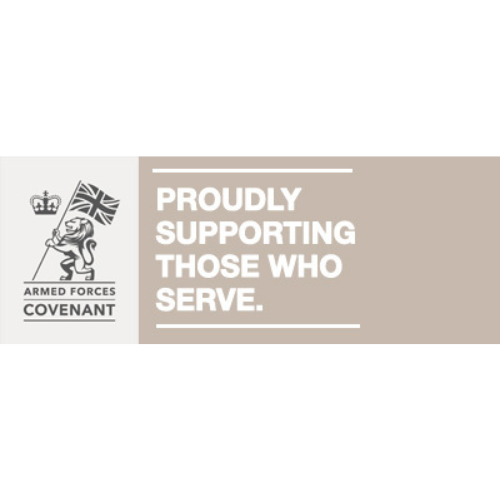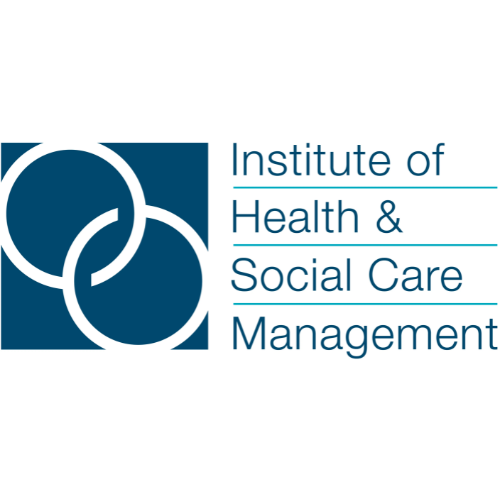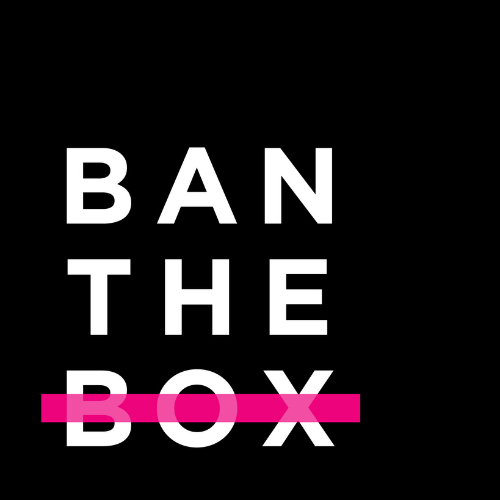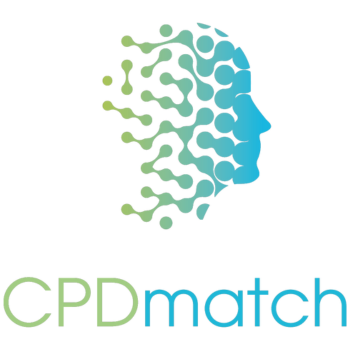
Unlocking data quality in the NHS and wider public sector with Microsoft SQL Server
By Barley Laing, the UK Managing Director at Melissa
Data errors afflict 91 per cent of organisations. The NHS, along with the rest of the public sector, is no exception as many struggle to ensure that their databases are up to date – particularly with correct contact data, such as names, addresses, emails and telephone numbers.
Data decay is one of the main causes of poor quality data, with data degrading at three per cent a month, according to Gartner, and roughly 25 per cent a year, as people move home, divorce and pass away.
Clean data is critical
Having data cleaning processes in place is a must. It avoids wasting time and precious budget on inaccurate communications and provides a standout service to the public.
A key benefit of holding accurate data is the opportunity to acquire valuable insight, such as a single citizen view (SCV), which can be used for better targeting, including personalisation with communications. Furthermore, it’s possible to generate informed decisions; for example, on the future of a service, or the creation of a new one. It’s an approach that helps to deliver a consistent, positive user experience, which is something people expect in today’s increasingly digital world.
Another important factor to consider is that clean data on citizens decreases the opportunity for fraud, reducing potential monetary losses and reputational damage.
The good news is delivering clean data usually involves simple and cost-effective changes to your data quality regime, often using services accessed via the likes of Microsoft SQL Server.
Why Microsoft SQL Server?
Many in the public sector, particularly the NHS, utilise database management system Microsoft SQL Server. After all, it’s a technology that already exists on a large number of their systems.
What sets this technology apart is that it offers a great route to easily access third-party applications via SQL Server Integration Services (SSIS), because it acts as a connecter between systems, and functions at a high operating speed. Tools can be simply accessed without further integration - just drag, drop and start using.
SQL offers organisations direct access to data quality capabilities that clean and verify contact data. There’s no need to outsource anything or go through complex data privacy and compliance because they are in control, with data remaining behind their organisation’s firewall. This avoids the potential for data breaches.
By obtaining suitable data quality components via SQL Server organisations are able to gather data from any source and use it to cleanse and transform their databases, enabling them to gain immediate insight for actionable intelligence.
It’s best to source a data quality provider with a full suite of easy to integrate data quality solutions via SQL Server. It should include the ability to cleanse data to correct data inconsistencies, and validate data using powerful global address, name, phone and email verification processes. Additionally, there should be a component in the suite that can match data with advanced fuzzy matching algorithms to better organise and structure the database into, for example, family groups or members of the same household; or just to simply eliminate costly duplicates.
Other connector technology
SQL Server isn’t the only connector technology. Plugins exist for major platforms which can be employed to aid the integration of services, such as for Salesforce and MS Dynamics.
It’s important to bear in mind that while plugins help to make integration more straightforward, some flexibility in approach can be lost due to the standardised out of the box set up many have.
Also, with the evolution of technology there are a number of other options available when it comes to selecting how to access and integrate third-party applications to continue operating effectively. These include software-as-a-service (SaaS), cloud API and on-premise. All have their strengths. It’s important to consider the available options and select the one that’s appropriate for you.
In summary
With SQL Server already embedded in many NHS and other public sector systems it’s a great place to start when it comes of accessing data quality services and ensuring your user databases are clean and up to date. This is due to the range of benefits it offers regarding integration of third-party applications. Just confirm that the data quality components provided by the third-party are extensive and market leading.























